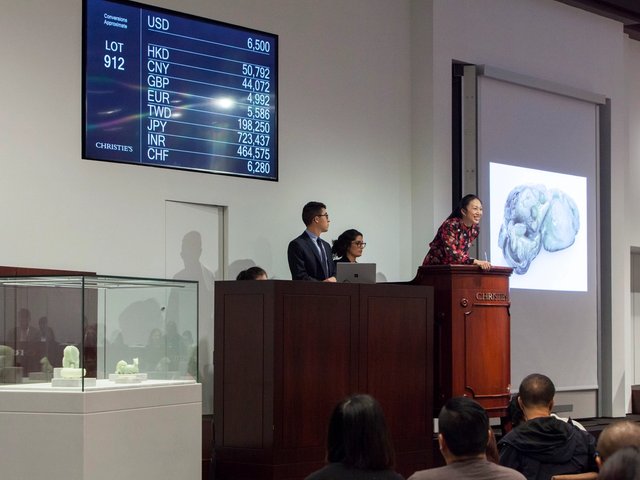London
China and Italy have signed a treaty aimed at preventing the looting and illicit export of antiquities.
The agreement was signed in Beijing by Shan Jixiang director of the State Administration of Cultural Heritage and Italian Culture Minister Rocco Buttiglione to mark the launch of the year of Italy in China at the end of January.
Speaking at the ceremony, Shan Jixiang said that the illicit trade in antiquities deserved greater international attention.
The agreement sets out a programme of co-operation that will see a task force of Chinese agents travel to Italy to receive specialist training from the unit of Carabinieri, Italy’s military police, devoted to the preservation of cultural heritage.
The two countries have also established channels for the rapid exchange of information on matters relating to the smuggling of antiquities. This is set to include the use of CUSPIS (Cultural Heritage Space Management System), a scheme co-ordinated by the Rome-based firm Next, which proposes to utilise the Galileo satellite navigation system established by the European Space Agency for purposes of heritage protection.
Penalties for smuggling antiquities in China can be harsh; in recent years there have been a number of executions. China is currently pressuring the US to impose a ban on the import of all art and antiquities dating before 1911. Critics of the proposed ban say that it would have little effect on the illicit trade as the domestic market in China is growing.
In January, the US renewed import restrictions on Italian antiquities for five years. Italy has launched similar training programmes with Cyprus, Mozambique and Guatemala.


